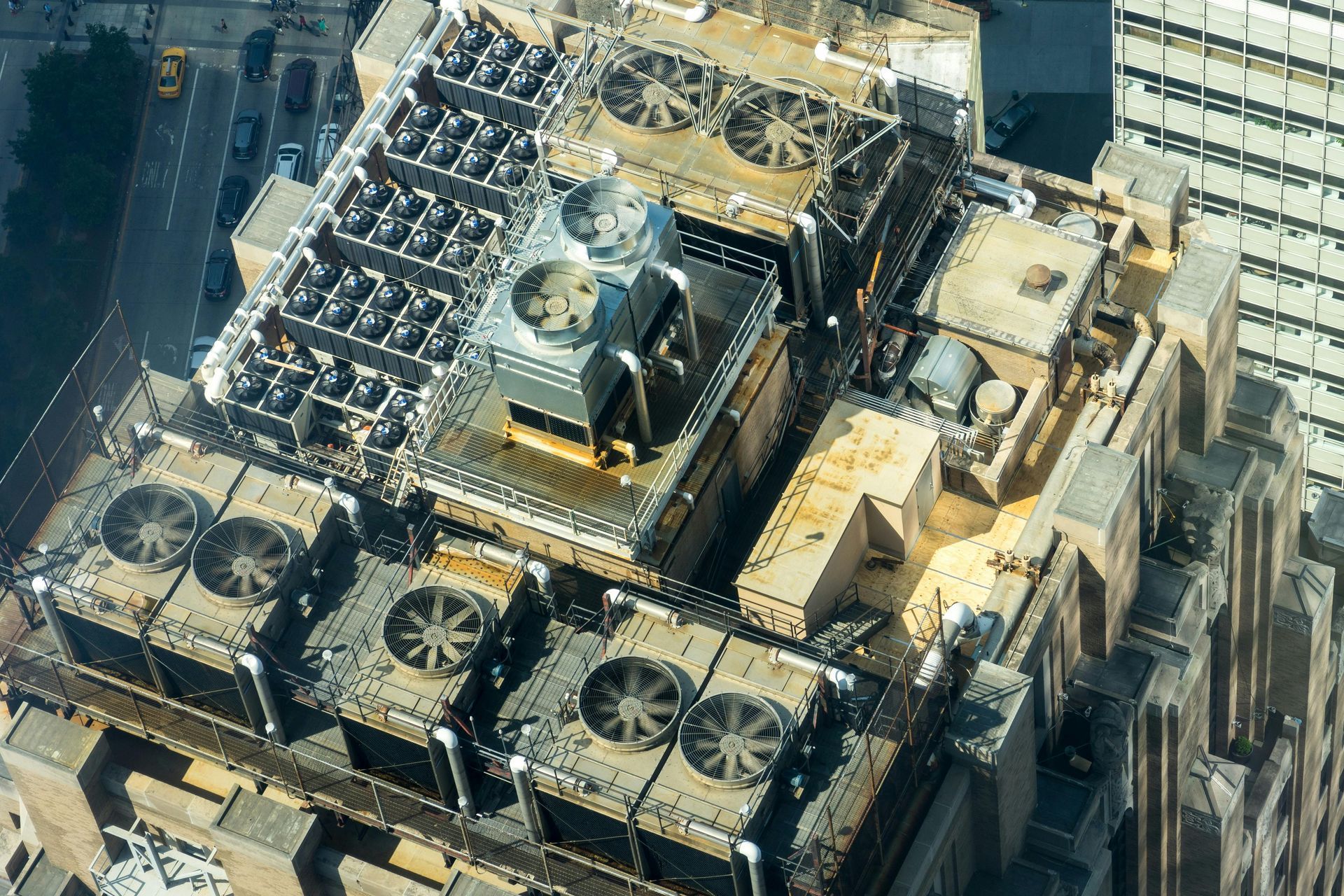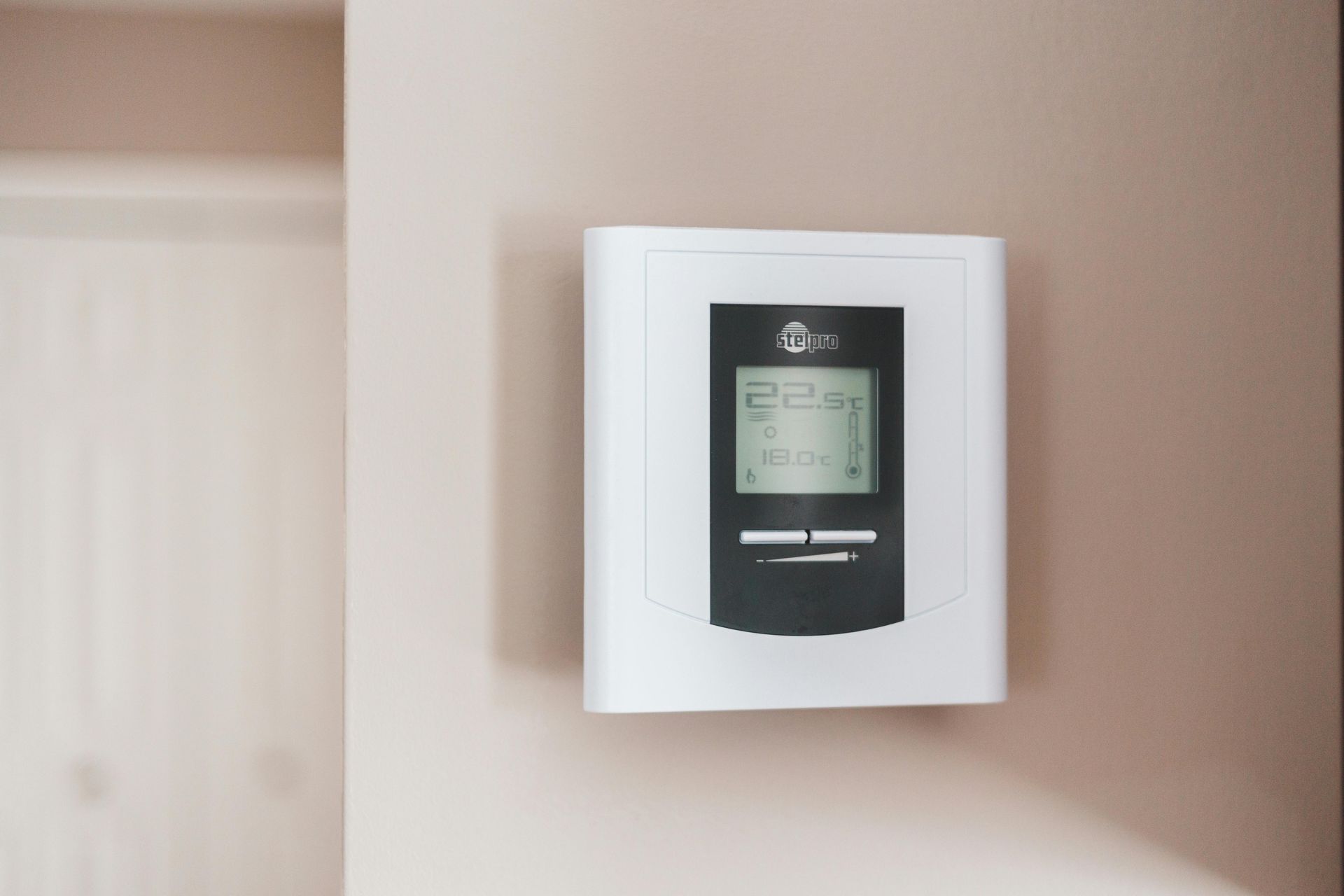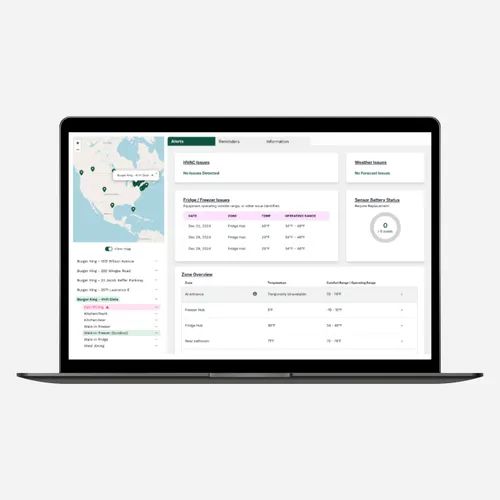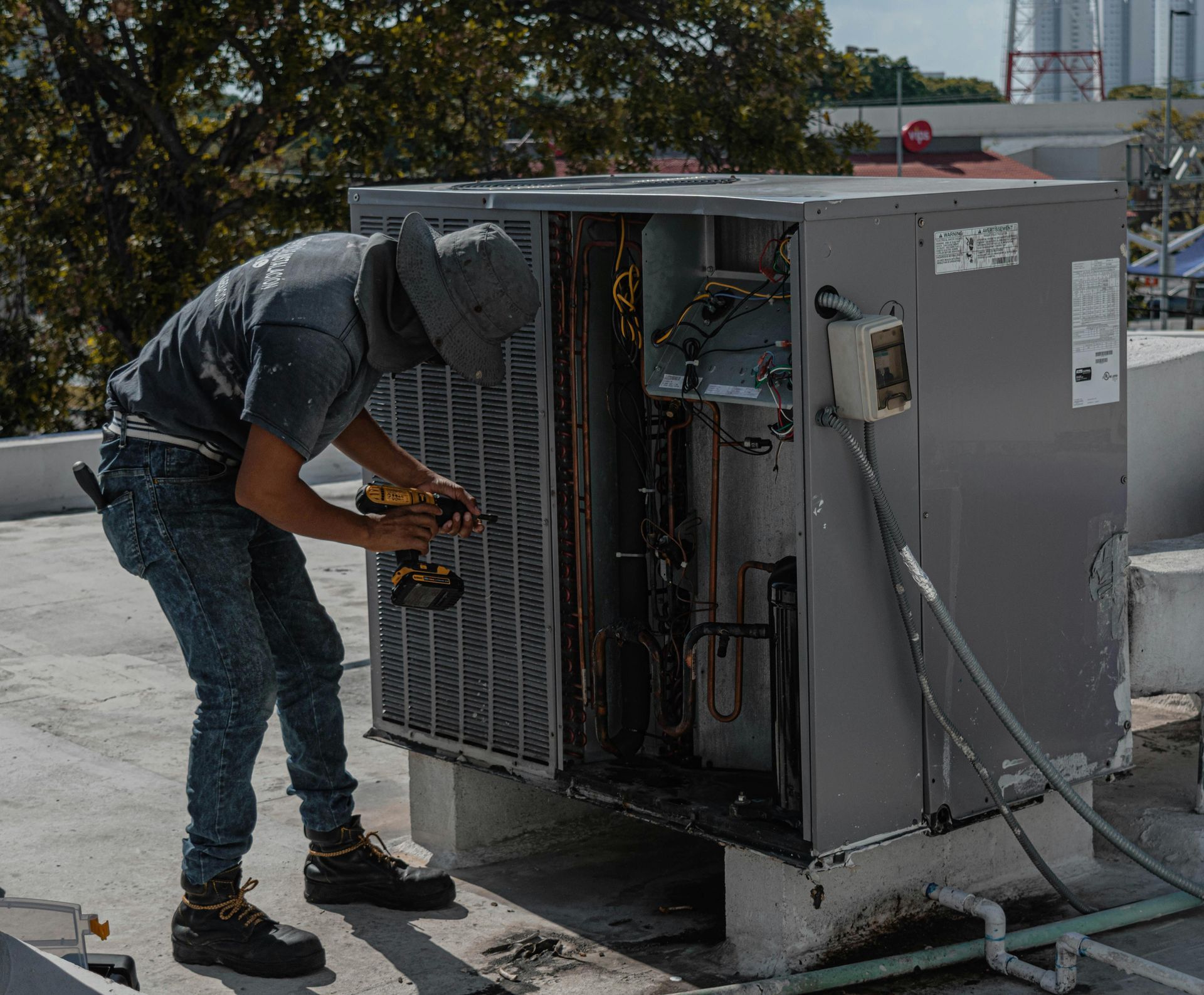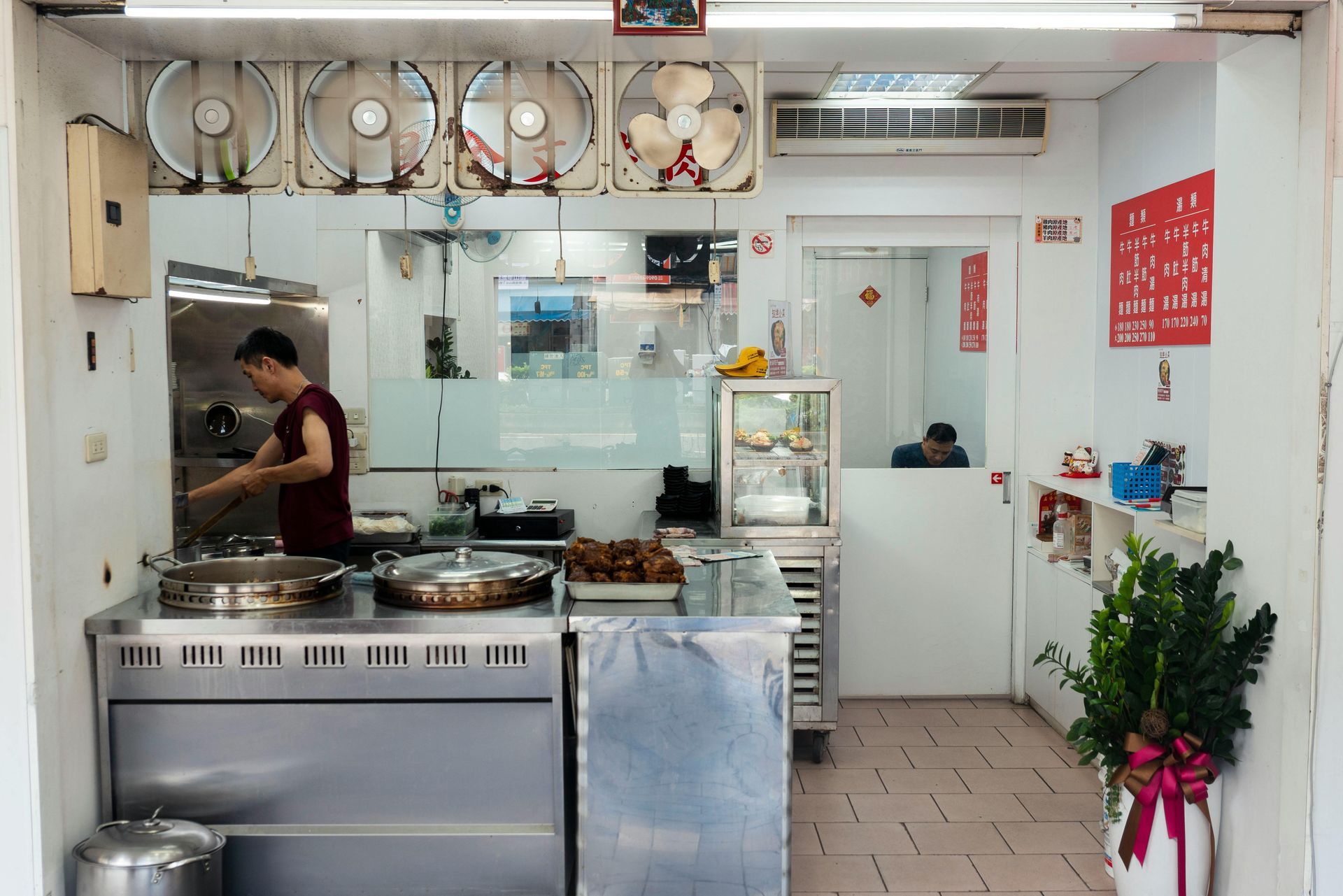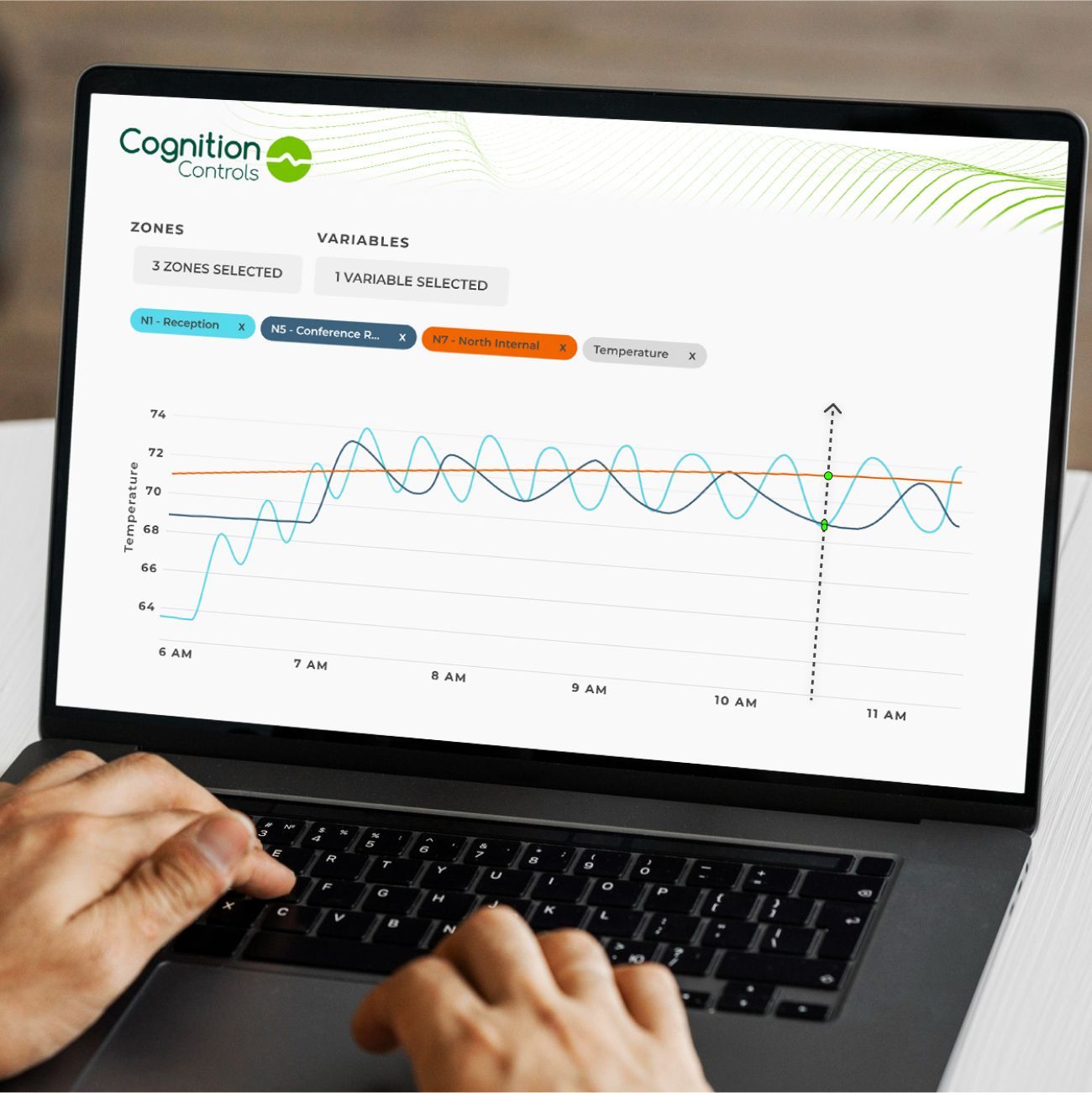How Real-Time HVAC Monitoring Catches Costly Issues For Multi-Site Businesses!
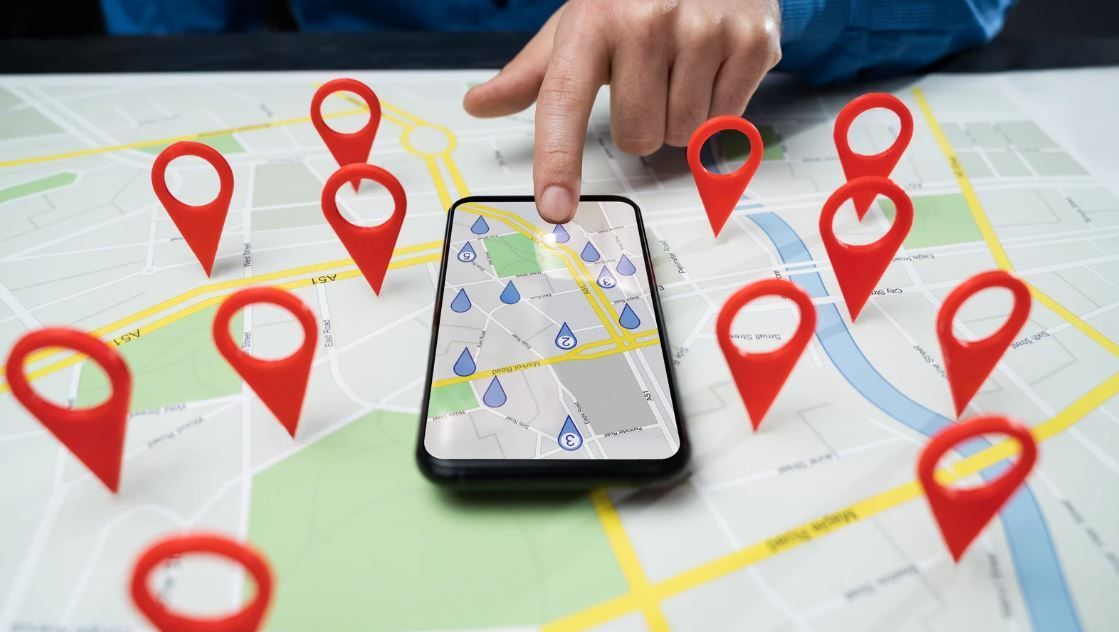
Managing multiple business locations comes with an interesting set of challenges. From standardizing operations to delivering brand consistency, every detail matters. One often-overlooked area that can quietly drain resources is HVAC management. Across your portfolio of franchises or sites, heating and cooling systems are working constantly. Without proper oversight, they can lead to skyrocketing energy bills, unexpected breakdowns, and costly emergency repairs. This is where real-time HVAC monitoring, powered by smart commercial thermostats, changes the game.
This technology gives you a centralized view of your entire HVAC portfolio, helping you catch potentially expensive problems before they disrupt your business. By monitoring rooftop units (RTUs) and other systems around the clock, you can move from a reactive to a proactive management model. You will gain control over your energy costs, extend the lifespan of your equipment, and ensure a comfortable environment for customers and staff alike.
The Hidden Costs of Unmonitored HVAC Systems
For multi-site businesses, HVAC systems are more than just a utility; they are a major operational expense. When these systems are not monitored in real-time, several hidden costs can accumulate across your locations.
First, there's energy waste. A system running after hours, or a filter that needs changing can cause a single unit to consume far more energy than necessary. Multiply that inefficiency across tens or hundreds of locations, and the financial impact becomes significant. You end up paying for energy that provides no benefit to your operations.
Second is the high cost of emergency repairs. HVAC issues rarely happen at a convenient time. A unit that fails during a summer heatwave or a winter cold snap not only leads to an uncomfortable environment but also demands an urgent, and often expensive, service call. These reactive repairs are almost always more costly than planned maintenance. Furthermore, a sudden breakdown can disrupt business, hurt sales, and damage your brand's reputation.
Finally, unmonitored systems often have a shorter lifespan. Small, unaddressed issues like short cycling or unusual runtimes put continuous strain on the equipment. Over time, this extra wear and tear leads to premature failure, forcing you to invest in a complete system replacement sooner than expected.
Catching Problems Early with Smart Commercial Thermostats
Real-time monitoring provides the visibility needed to get ahead of these challenges. Smart commercial thermostats, especially those designed for RTUs common in commercial buildings, are the key to unlocking this capability. They do more than just regulate temperature; they act as data-gathering hubs for your entire HVAC network.
These devices continuously collect operational data and use secure cellular connectivity to send it to a centralized dashboard. This allows you and your team to see precisely how every unit across your portfolio is performing from anywhere, at any time.
How Real-Time Monitoring Prevents Major Issues
With a constant stream of data, you can spot irregularities that signal an impending problem. Here are a few scenarios where this technology proves invaluable:
- Scenario 1: Identifying a Failing Compressor. Your monitoring dashboard flags an RTU at one of your franchise locations for unusually long runtimes. The system is working harder than usual to reach the target temperature. This alert allows your maintenance team to investigate and discover a failing compressor. Instead of waiting for a complete breakdown during peak business hours, you can schedule a repair at a convenient, lower-cost time, avoiding downtime and a potential inventory loss.
- Scenario 2: Detecting On-Site Overrides. At a retail location, an employee keeps manually lowering the thermostat to a very cold temperature. Your system provides you with data that this is happening, enabling an objective conversation about onsite practices. The system also limits the amount of time these manual changes can persist., preventing an entire night of wasted energy and an unusually high utility bill.
- Scenario 3: Pinpointing Inefficient Units. By comparing the energy consumption and performance data of similar units across different sites, you notice that one unit consistently uses more power to achieve the same cooling. This data-driven insight helps you identify an inefficient system that may be nearing the end of its life. You can now direct your limited investment dollars to the right equipment..
Key Benefits of Centralized HVAC Monitoring
Adopting real-time monitoring offers more than just crisis prevention. It delivers tangible benefits that improve your bottom line and streamline your facilities management.
1. Improved Energy Efficiency
Smart thermostats optimize HVAC schedules based on occupancy, time of day, and even local weather patterns. By ensuring systems are only running when needed and at optimal settings, you can significantly cut energy consumption across all your properties. This leads to direct savings on utility bills and reduces your organization's carbon footprint.
2. Reduced Operational and Maintenance Costs
The ability to diagnose issues remotely saves immense time and money. Before dispatching a technician, your team can assess the urgency of the issue, and review data to understand if adjacent equipment can manage the space for an interim period. Remote data and tools also eliminate the need for some site visits, such as for seasonal adjustments or adjustments for tenant preferences. Basing proactive maintenance on runtime data also extends the life of your equipment, delaying costly replacements.
3. Increased Equipment Lifespan
Every piece of HVAC equipment represents a significant capital investment. Real-time monitoring helps you protect that investment. By addressing minor issues like short cycling or clogged filters, you reduce the daily strain on your units. This leads to fewer breakdowns and a longer operational life, maximizing the return on your investment.
4. Simplified Portfolio Management
For franchise operators and multi-site managers, overseeing dozens of locations is complex. A centralized dashboard simplifies HVAC management by bringing all your data into one place. You can set and enforce temperature policies, view performance analytics, and manage alerts for your entire portfolio from a single screen. This streamlines decision-making and ensures consistency across all your sites.
Take Control of Your HVAC Systems Today
Stop letting your HVAC systems manage you. It's time to shift from reactive fixes to proactive control. By implementing a real-time monitoring solution with smart commercial thermostats, you can gain complete visibility into one of your largest operational expenses. You’ll be empowered to catch costly issues early, reduce energy waste, and make smarter, data-driven decisions for your entire portfolio.
Cognition Controls stands out as a trusted partner in smart building management, helping businesses across industries simplify and modernize their operations. Their innovative smart commercial thermostats deliver real-time HVAC remote monitoring, intuitive dashboards, and secure connectivity, making it easy to oversee HVAC and refrigeration systems across multiple sites. By empowering facility managers with reliable data and automated alerts, Cognition Controls not only prevents costly surprises but also drives significant cost and energy savings, so companies can focus on what matters most, their business and their customers.
If you are ready to bring simplicity, intelligence, and savings to your building management, explore how Cognition Control services can work for your business. Take control of your thermostats, your energy bills, and your peace of mind.
Frequently Asked Questions
Q: What features should I look for in a top-rated smart commercial thermostat for RTUs?
A: A top-rated smart commercial thermostat should offer real-time monitoring, remote management, energy usage tracking, and compatibility with different HVAC units. Additionally, robust security features like encrypted cellular connectivity and integration with centralized dashboards make managing multiple locations efficient and secure.
Q: How can I be sure I’m choosing the best real-time HVAC monitoring system for my multi-site business?
A: To select the best system, consider solutions that provide centralized control, reliable alerts, historical data analysis, and proven performance across large portfolios. Look for positive reviews from other multi-site businesses and confirm that the provider offers responsive customer support and continuous updates.

